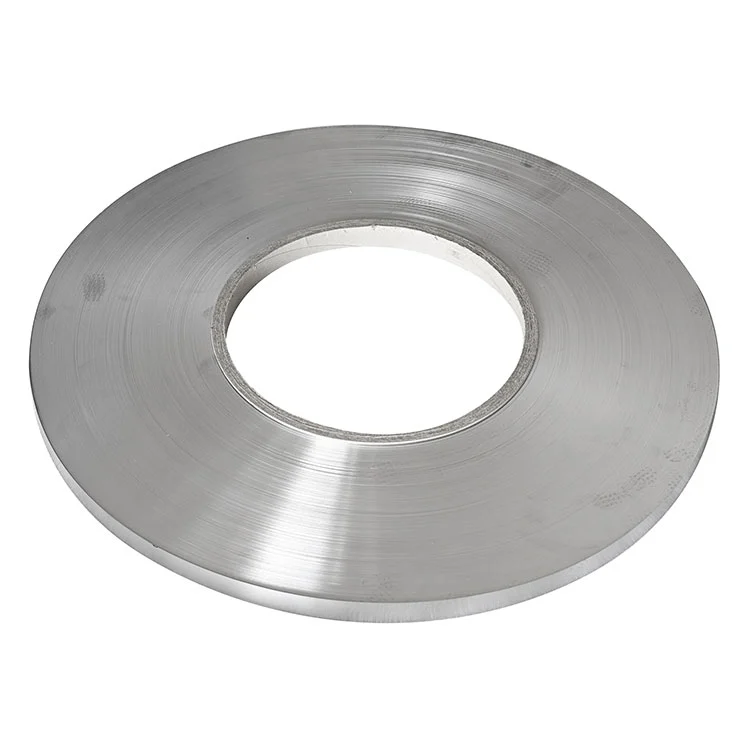How to install stainless steel strip
2025-04-23
Installing a stainless steel strip depends on where and how you plan to use it — whether for decoration, edge protection, wall cladding, or industrial purposes. Here's a basic guide to help you install stainless steel strip correctly and securely:
Tools and Materials You May Need
- Stainless steel strip (pre-cut to required size)
- Measuring tape
- Marker or pencil
- Adhesive (such as construction adhesive or double-sided tape)
- Screws and drill (for mechanical fastening)
- Level or straight edge
- Clamps (optional)
- Safety gloves and goggles

Step-by-Step Installation Guide
1. Measure and Mark the Area
- Use a measuring tape to get the exact dimensions where the strip will go.
- Mark the area with a pencil or marker to align the strip properly during installation.
2. Prepare the Surface
- Make sure the surface is clean, dry, and free of dust or oil.
- If needed, wipe the area with a mild cleaner and let it dry completely.
3. Choose a Mounting Method
You can install stainless steel strips using two main methods:
a. Adhesive Mounting
- Apply a strong construction adhesive or high-bond double-sided tape on the back of the strip.
- Carefully press the strip into place.
- Hold or clamp it for a few minutes to ensure a strong bond.
- Clean off any excess adhesive that squeezes out.
b. Mechanical Fastening (with Screws)
- Drill small pilot holes in the stainless steel strip if not pre-drilled.
- Hold the strip in position and mark screw hole positions on the surface.
- Drill holes into the wall or surface, then screw the strip into place.
- Use stainless steel screws to prevent corrosion.
4. Check Alignment
- Use a level to make sure the strip is straight before the adhesive sets or before fully tightening screws.
5. Final Cleaning
- After installation, clean the surface of the strip with a soft cloth to remove fingerprints or smudges.
Tips
- For decorative indoor use, adhesive is often enough.
- For outdoor or heavy-duty use, mechanical fastening is more reliable.
- Use edge guards or gloves to handle stainless steel safely and avoid injury.
Let me know where you’re planning to use the strip (e.g. kitchen, flooring, exterior) and I can tailor the steps more specifically.


